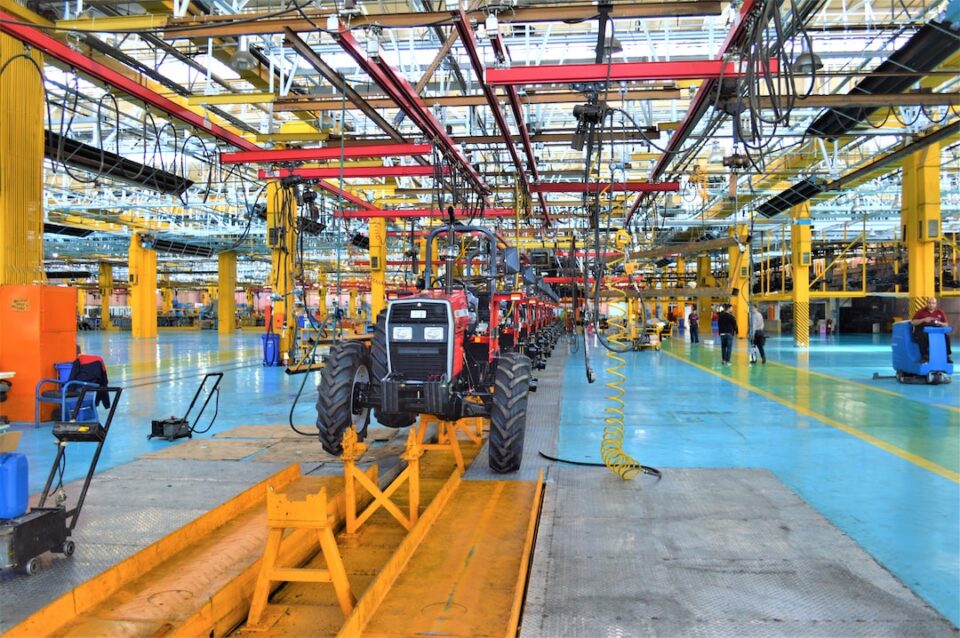The manufacturing industry is the backbone of any economy, contributing significantly to its growth and development. However, for manufacturing companies to thrive, they need a skilled and competent workforce. This is where the importance of training and development comes into play. Training and development not only improve the skills and knowledge of employees but also create a positive work environment and boost overall productivity. In this blog post, we will explore the importance of training and development in the manufacturing workforce.
One of the main reasons why training and development are crucial in the manufacturing industry is because it helps address the skills gap. With technology advancing at an unprecedented rate, the skills required to operate and maintain modern manufacturing equipment are constantly evolving. Without proper training, employees may struggle to keep up with these changes, leading to a skills gap within the workforce.
By investing in training and development, manufacturing companies can close this gap by providing their employees with the necessary skills to succeed in their roles. Through seminars, workshops, and on-the-job training programs, employees can learn new techniques, stay up-to-date with the latest technologies, and enhance their problem-solving abilities. This not only helps individual employees but also benefits the organization as a whole, as a skilled workforce is more efficient and productive.
Moreover, training and development programs also play a vital role in ensuring employee satisfaction and engagement. When employees feel valued and supported by their organization, they are more likely to be engaged and motivated to perform at their best. Through training and development initiatives, employees gain a sense of personal and professional growth, which improves their job satisfaction and enhances their loyalty towards the company.
Furthermore, training and development programs also have a positive impact on safety within the manufacturing industry. Manufacturing jobs often involve operating heavy machinery and working in hazardous environments. Without proper training, employees can be at a higher risk of accidents and injuries.
By providing comprehensive safety training, manufacturing companies can significantly reduce workplace accidents and create a safe working environment. This not only protects employees but also helps the company avoid costly legal battles and damage to its reputation. Moreover, a safe working environment boosts employee morale and fosters a culture of accountability and responsibility.
Another important aspect of training and development in the manufacturing workforce is succession planning. As experienced employees retire or move into higher positions, there is a need to fill those positions with capable individuals who can seamlessly take over the responsibilities. Without proper training and development, it can be difficult to find suitable candidates for these roles, leading to a leadership gap within the organization.
By implementing succession planning programs, manufacturing companies can identify high-potential employees and provide them with the necessary training and development opportunities to prepare them for future leadership positions. This ensures a smooth transition of responsibilities and helps maintain business continuity.
In conclusion, training and development are of utmost importance in the manufacturing workforce. From closing the skills gap and enhancing employee satisfaction to improving safety and ensuring smooth succession planning, training and development initiatives have a profound impact on the success and growth of manufacturing companies. By investing in the training and development of their workforce, manufacturing companies can stay competitive in an ever-evolving industry and drive innovation forward.

